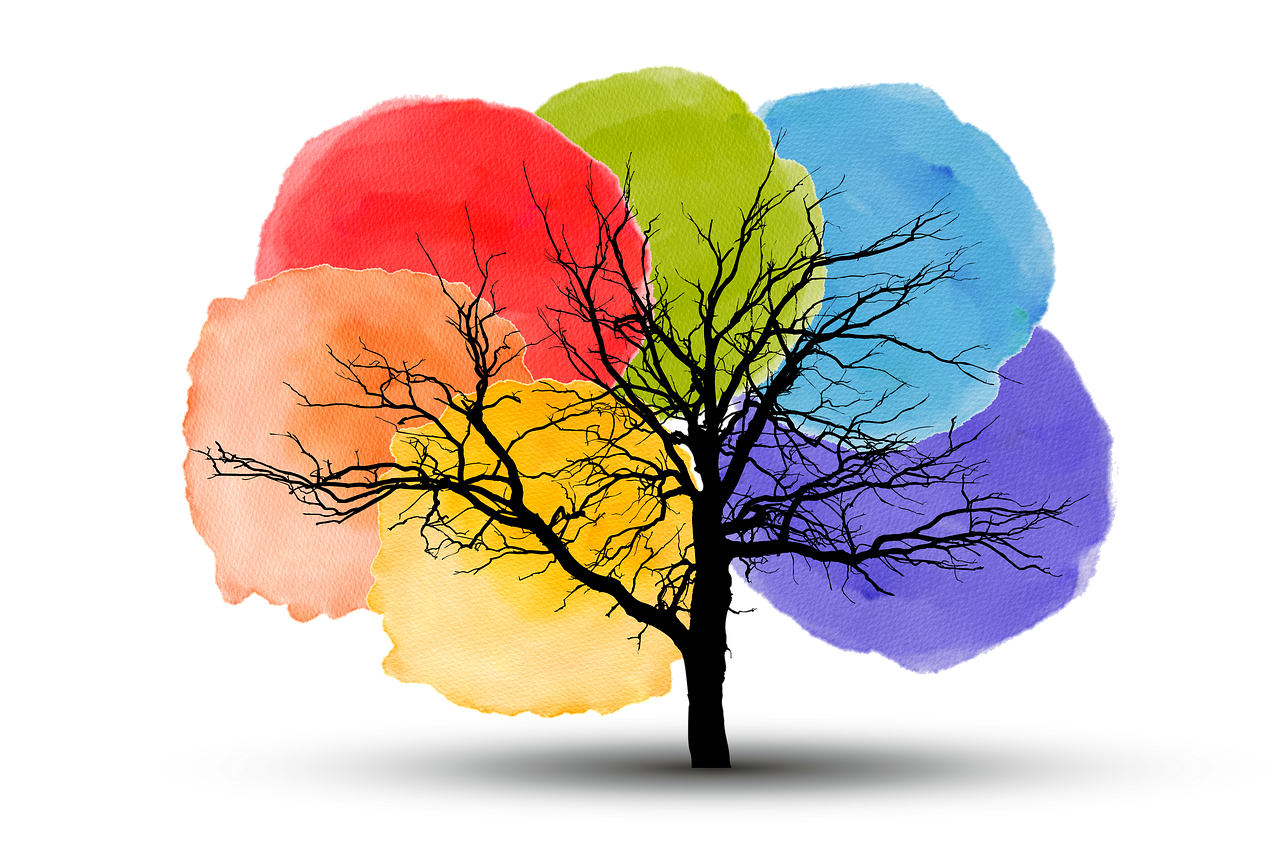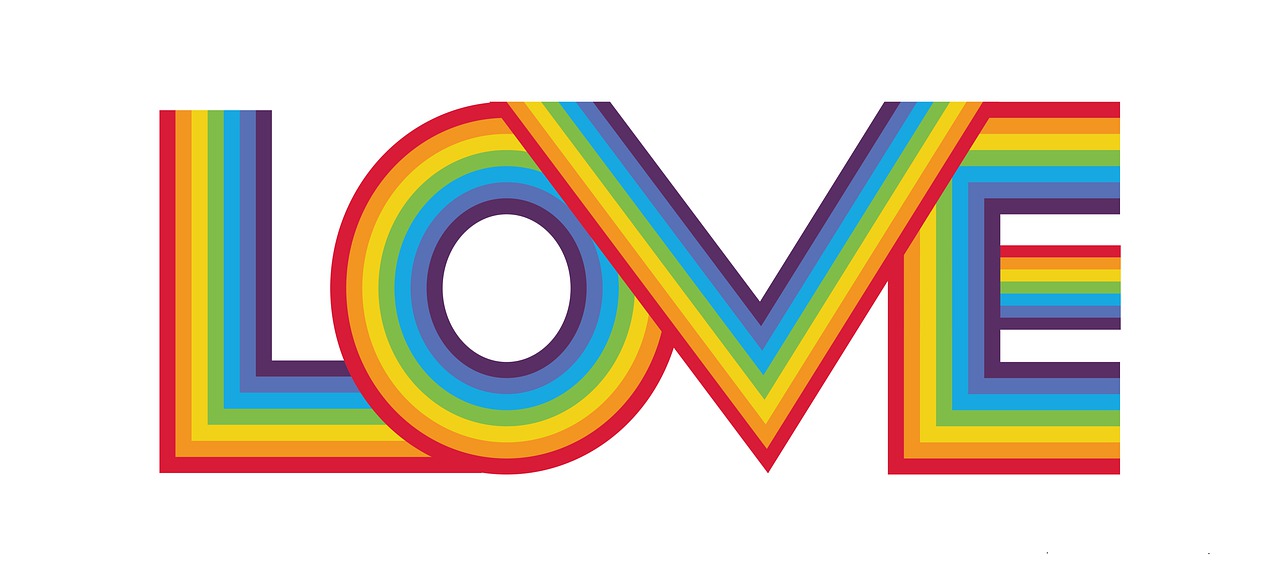
In today’s society, where acceptance and understanding are becoming increasingly important, finding an LGBTQ+-friendly marriage counselor or therapist can play a crucial role in supporting the unique needs of couples facing challenges related to their sexual orientations or gender identities. But what options are available if one partner desires to transition or explore their gender identity while still in the midst of their marriage? This article explores the various avenues one can take to seek professional help, ensuring a safe and inclusive space for both partners to navigate their journey of self-discovery together.
Understanding the Importance of LGBTQ+-Friendly Marriage Counselors and Therapists
The significance of LGBTQ+-friendly mental health support
When it comes to seeking mental health support, LGBTQ+ individuals face unique challenges and barriers that can hinder their ability to find appropriate therapists. LGBTQ+ individuals often struggle with issues related to their sexual orientation, gender identity, and the societal discrimination they may face. This is why it is crucial to find LGBTQ+-friendly marriage counselors and therapists who not only understand and respect the experiences of LGBTQ+ individuals but also provide a safe and supportive environment for them to address their concerns.
Challenges faced by LGBTQ+ individuals in finding appropriate therapists
Finding a therapist who is knowledgeable about LGBTQ+ issues and supportive of their unique needs can be challenging for individuals within the community. Many LGBTQ+ individuals have had negative experiences with therapists who lack understanding or may hold biased views. These experiences can be damaging and discourage individuals from seeking help altogether. Additionally, the limited availability of LGBTQ+-friendly mental health professionals in certain areas can further compound the difficulty of finding appropriate therapists.
1. Researching LGBTQ+-Friendly Therapists
Utilizing online directories for LGBTQ+-friendly therapists
One effective way of finding LGBTQ+-friendly therapists is by utilizing online directories that specialize in LGBTQ+ mental health. These directories provide a curated list of therapists who have self-identified as LGBTQ+-friendly or who have experience working with LGBTQ+ individuals. Websites such as Psychology Today, Pride Counseling, and Open Path can be valuable resources for finding qualified and supportive therapists.
Seeking recommendations from LGBTQ+ community members
Seeking recommendations from within the LGBTQ+ community can be an excellent way to find therapists who are understanding and affirming. Friends, peers, or LGBTQ+ support groups may have had positive experiences with therapists who are knowledgeable about LGBTQ+ issues. By reaching out and asking for recommendations, you can gather valuable insights and potentially find a therapist who aligns with your needs.
Contacting LGBTQ+ organizations for therapist referrals
LGBTQ+ organizations, such as LGBTQ+ community centers or advocacy groups, often have resources available to connect individuals with LGBTQ+-friendly therapists. These organizations are dedicated to supporting and advocating for the LGBTQ+ community, so they are likely to have a network of therapists who are knowledgeable and experienced in working with LGBTQ+ individuals. Reach out to these organizations and inquire about therapist referrals or counseling services they may offer.

2. LGBTQ+-Focused Therapy Modalities
Understanding the importance of LGBTQ+-focused therapy
One crucial aspect of finding an LGBTQ+-friendly therapist is understanding the importance of LGBTQ+-focused therapy. This type of therapy recognizes and addresses the unique experiences and challenges faced by LGBTQ+ individuals. It acknowledges the impact of societal prejudice, discrimination, and the coming-out process on mental health. LGBTQ+-focused therapy creates an inclusive space where individuals can discuss their concerns openly and explore their identities without fear of judgment or misunderstanding.
Exploring therapy approaches tailored to LGBTQ+ needs
Various therapy approaches are specifically tailored to address the unique needs of LGBTQ+ individuals. For example, Affirmative Therapy and Cognitive-Behavioral Therapy (CBT) are commonly used modalities. Affirmative Therapy aims to validate and support LGBTQ+ identities and experiences, while CBT focuses on challenging negative thoughts and promoting positive behavior changes. Other approaches, such as Acceptance and Commitment Therapy (ACT) and Dialectical Behavior Therapy (DBT), can also be effective in assisting LGBTQ+ individuals in coping with stress, managing emotions, and building resilience.
3. Evaluating Therapist Credentials and Experience
Checking therapist qualifications and licensing
When seeking an LGBTQ+-friendly therapist, it is essential to verify their qualifications and licensing. Ensure that the therapist holds a valid license in their respective field, such as psychology, counseling, or social work. You can typically find this information on their professional website or by contacting the licensing board in your state or country. Verifying their credentials assures you that the therapist has met the necessary educational and professional requirements to practice.
Assessing experience working with LGBTQ+ individuals and couples
In addition to qualifications, it is vital to consider a therapist’s experience working specifically with LGBTQ+ individuals and couples. Ask potential therapists about their experience and comfort level in addressing LGBTQ+ issues. Inquire about the number of LGBTQ+ clients they have worked with and the range of concerns they have addressed. A therapist who has ample experience in LGBTQ+ counseling is likely to possess a deeper understanding of the unique challenges and dynamics present within the community.

4. Seeking LGBTQ+-Friendly Marriage Counselors
The benefits of LGBTQ+-friendly marriage counseling
For LGBTQ+ couples, finding a marriage counselor who is LGBTQ+-friendly can be crucial to the success of their relationship. LGBTQ+-friendly marriage counseling fosters a safe and inclusive environment where couples can navigate the specific challenges they may face in their relationships. Whether it’s communication issues, conflicts related to gender identity or sexual orientation, or coping with external stressors, a skilled LGBTQ+-friendly marriage counselor can provide support and guidance tailored to the unique needs of LGBTQ+ couples.
Finding therapists specializing in LGBTQ+ relationship issues
To find marriage counselors who specialize in LGBTQ+ relationship issues, you can utilize similar strategies discussed earlier, such as online directories, recommendations from LGBTQ+ community members, and contacting LGBTQ+ organizations. Additionally, LGBTQ+ specific counseling centers and organizations often offer marriage counseling services or can provide referrals to therapists with expertise in working with LGBTQ+ couples. Focus your search on professionals who demonstrate specific experience and knowledge in LGBTQ+ relationships to ensure you receive the most effective and affirming support.
5. Supportive LGBTQ+ Networks and Online Communities
Engaging with LGBTQ+ support groups
LGBTQ+ support groups can provide an invaluable source of support and guidance when seeking LGBTQ+-friendly marriage counselors. These groups typically consist of LGBTQ+ individuals and couples who have faced similar challenges and can offer firsthand recommendations based on their personal experiences. By connecting with LGBTQ+ support groups, whether in-person or online, you can tap into a network of support and gather valuable insights into therapists who have been particularly helpful for couples navigating relationship challenges.
Connecting with online communities for therapist recommendations
Online communities dedicated to LGBTQ+ issues and support can also be excellent resources for finding LGBTQ+-friendly marriage counselors. Websites, forums, and social media platforms that cater to LGBTQ+ individuals often have active communities where members can openly discuss their experiences with therapy. Engaging with these online communities can help you gather recommendations, hear others’ stories, and receive guidance on finding the right LGBTQ+-friendly marriage counselor for your specific relationship needs.

6. LGBTQ+ Counseling Centers and Organizations
Exploring LGBTQ+-specific counseling centers
LGBTQ+-specific counseling centers are dedicated to providing mental health services tailored to the unique needs of LGBTQ+ individuals and couples. These centers often employ therapists who specialize in LGBTQ+ counseling and have extensive experience in addressing the concerns faced by the community. By exploring LGBTQ+-specific counseling centers in your area, you can access a wealth of knowledge and support from professionals who understand the nuances of LGBTQ+ mental health.
Seeking out organizations offering LGBTQ+ counseling resources
In addition to counseling centers, general LGBTQ+ advocacy and support organizations may offer counseling resources for individuals and couples. These organizations are committed to providing comprehensive support to the LGBTQ+ community and may offer counseling services or provide referrals to LGBTQ+-friendly therapists. Check with local LGBTQ+ organizations or national organizations to identify available counseling resources that align with your needs.
7. LGBTQ+ Affirming Therapeutic Approaches
Understanding LGBTQ+ affirming therapy
LGBTQ+ affirming therapy is an approach that emphasizes validating and supporting LGBTQ+ identities, experiences, and relationships. Therapists utilizing LGBTQ+ affirming approaches create a safe and affirming space where clients can explore their identities, address their concerns, and build resilience in the face of societal prejudices. Affirming therapists understand the unique challenges faced by LGBTQ+ individuals and aim to empower their clients to embrace their authentic selves.
Accessing therapists utilizing LGBTQ+ affirmative approaches
Finding therapists who utilize LGBTQ+ affirmative approaches may require additional research and inquiries, but the benefits can be significant. When researching potential therapists, look for indications that they adhere to LGBTQ+ affirmative therapy, such as explicitly mentioning it on their websites or during consultations. Ask potential therapists about their approach to counseling LGBTQ+ individuals and how they incorporate LGBTQ+ affirming principles and techniques into their practice. By actively seeking out therapists who utilize LGBTQ+ affirmative approaches, you enhance the likelihood of receiving the supportive and understanding care you deserve.

8. Importance of Open Communication
Discussing LGBTQ+-specific needs with potential therapists
Open communication is essential when searching for an LGBTQ+-friendly therapist. During initial consultations or pre-therapy interviews, take the opportunity to discuss your specific LGBTQ+-related needs and concerns with potential therapists. This conversation allows you to gauge their level of understanding, sensitivity, and expertise regarding LGBTQ+ issues. By openly and honestly expressing your expectations and concerns, you can determine if the therapist is a good fit for your needs and if they are equipped to address the unique challenges faced by LGBTQ+ individuals and couples.
Ensuring therapist’s willingness to address LGBTQ+ issues
It is vital to ensure that the therapist you choose is willing to address LGBTQ+ issues and has the necessary knowledge and competence. Some therapists may claim to be LGBTQ+-friendly but lack the experience or expertise to effectively address the concerns faced by the community. Asking specific questions about their experience, training, and strategies for LGBTQ+ counseling can help establish their commitment to understanding and supporting your needs. Remember, a therapist who demonstrates a genuine willingness to work with you as an LGBTQ+ individual or couple is more likely to provide the support and guidance you seek.
11. Considering Online Therapy
Exploring the benefits of online therapy for LGBTQ+ individuals
Online therapy, also known as teletherapy or e-counseling, can be an excellent option for LGBTQ+ individuals seeking mental health support. Online therapy provides accessibility, convenience, and flexibility, making it easier to connect with LGBTQ+-friendly therapists who may not be located nearby. It also eliminates potential barriers, such as transportation issues, privacy concerns, or fear of being seen at a local therapist’s office. The ability to engage in therapy from the comfort and safety of your own space can be particularly beneficial for individuals exploring their gender identity or going through the transition process.
Finding LGBTQ+-friendly online therapy platforms
To find LGBTQ+-friendly online therapy platforms, you can research and compare various teletherapy services. Look for platforms that explicitly mention LGBTQ+ inclusivity and have a track record of providing affirming care to LGBTQ+ clients. Read reviews and testimonials from other LGBTQ+ individuals who have used these platforms to ensure that they offer a safe and supportive environment. Some teletherapy platforms also allow you to filter or search for therapists based on LGBTQ+ expertise, further narrowing down your options to find therapists who specialize in LGBTQ+ counseling. Remember to consider factors like pricing, available services, and the platform’s security and confidentiality measures when making your decision.
In conclusion, finding LGBTQ+-friendly marriage counselors and therapists is crucial for the well-being and success of LGBTQ+ individuals and couples. By researching LGBTQ+-specific directories, seeking recommendations, and reaching out to LGBTQ+ organizations, you can begin the process of finding therapists who understand and support your unique needs. Evaluating therapist credentials and experience, as well as exploring LGBTQ+-focused therapy modalities and LGBTQ+ affirming approaches, ensures you receive appropriate care. Engaging with LGBTQ+ support networks and online communities, as well as considering LGBTQ+-specific counseling centers and online therapy platforms, can further expand your options. Finally, open communication with potential therapists and considering online therapy as a viable option can contribute to finding the ideal LGBTQ+-friendly therapist who can provide the understanding, support, and guidance you and your relationship deserve.





